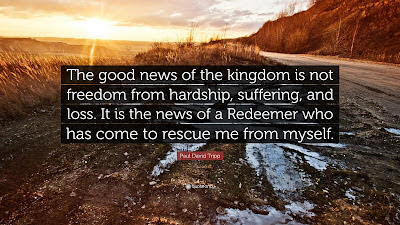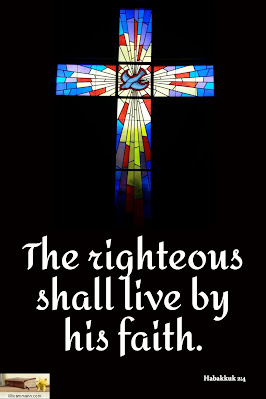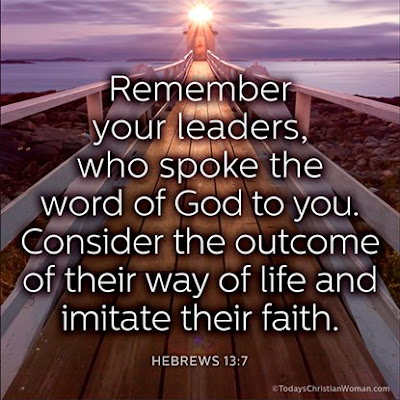As fall starts to show her face in my little neck of the woods (with signs everywhere of her coming), there is also a vivid reminder that this is election season.
I love fall - not so much elections that often come with division, hurt, and wasted words.
Do not get me wrong, I take very seriously my right to vote, paid for me at great cost and sacrifice.
I study, research, and read up on all the issues (I really care less about the people or the party).
After listing issues that are important to me, I ask myself, "What does the Bible have to say in some way regarding this topic?"
I take this process even more seriously.
Then I vote the closest I can get to God's HEART 💗 on the issues.
I don't plan to blog about politics, that is for each of us to determine in our hearts, other than I will say - if you are a Jesus-follower you NEED TO DETERMINE YOUR BIBLICAL VALUES AND VOTE.
Vote or do not complain about the direction of your country.
However, I was struck yesterday, as I began to study the life of an early Christian Church leader in the 1st century of an attitude that Paul took toward all things political, and I thought I would share.
There's a tiny book in the New Testament comprised of one chapter. It's a brief letter to a man by the name of Philemon, who hosted the church at Colossae in his home.
While Paul had never visited Colossae (yet), he was particularly fond of this church, for it had been founded by his child-in-the-faith, Epaphroditus.
The link between Paul and Philemon was a runaway slave by the name of Onesimus.
Historians estimate over 60 million slaves in the Roman Empire at that time, of which Onesimus was just one.
Side note: a slave sold anywhere from 500 denarii (a denarii was a day's wage) for a common laborer up to 50,000 denarii for a highly educated and skilled slave. This to say - slaves were valuable property and a master did not want to lose a slave. While under strict laws, most owners treated their slaves accordingly, because of the price tag.
It appears this young man had stolen from his master, ran for his life hoping to just get lost and dissolve in the large city of Rome.
Somehow (we know how) his path crossed that of the Apostle Paul, and like most who "bumped" into Paul, he heard the gospel and became a Jesus-follower.
The life of Onesimus changed drastically and he became an effective fellow-worker alongside Paul. His name meant "Useful," and useful Onesimus became to the prisoner "put for the gospel" in chains.
Even still, Paul's convictions did not let him just hide Onesimus, but knew he must return him to his master as he sent an additional instructional letter to the church at Colossae with Tychicus discussing the Supremacy of Christ in all matters.
Of course, this issue was a BIG one to Philemon - and Paul pleads with him to care for Onesimus, not as valuable property, but as a brother in Christ.
Paul says:
"So if you consider me your partner, receive him (meaning: welcome him into the family circle) as you would receive me...I am sending you my very heart."
Paul earnestly urges Philemon, because he knows that Philemon is kind, loving, full of faith and an effective soul-winner for the gospel. Philemon is best known to "refresh the hearts of other saints (verses 4-7)."
Obviously, the issue of slavery consumed the hearts of caring people who longed to see it abolished even in 1st century AD.
So why didn't Paul condemn slavery and tell Philemon to set Onesimus free?
This letter seems like an ideal time to do just that.
Paul never speaks out against slavery, not in this letter or in any other letter where he talks specifically to Jesus-believing-slaves.
Why not?
I pondered it yesterday and remembered this truth about Paul: Paul focused on the gospel.
Paul's desire to see salvation come to every household was not to be confused with politics.
The times were not yet right for this issue to be boldly fought - Rome would have squelched the uprising pronto.
For Paul, if preaching the political points of the nation (good or bad) in front of the lost, confused and buried the gospel, Paul stayed clear.
He wanted nothing to obscure the gift of salvation.
Paul no doubt prayed for change in the political climate as transformation came in the hearts of men and women who became new creations in Christ Jesus, but at that time, he kept the main thing the main thing.
Today, God has given us a voice through our vote.
He gives direction to the issues through His Word.
Both must line up together.
Pens can be mightier than swords, I hear.
I'm bold enough to tell you if you ask what I believe and why I believe it; but, I will not push a dogmatic agenda.
REMEMBER:
The gospel matters most.
May it not be excluded, confused, or buried because of political argument.
There is a time coming for change...
BUT,
THIS WORLD IS NOT MY HOME!
(No matter how beautiful it is in the fall!)







































